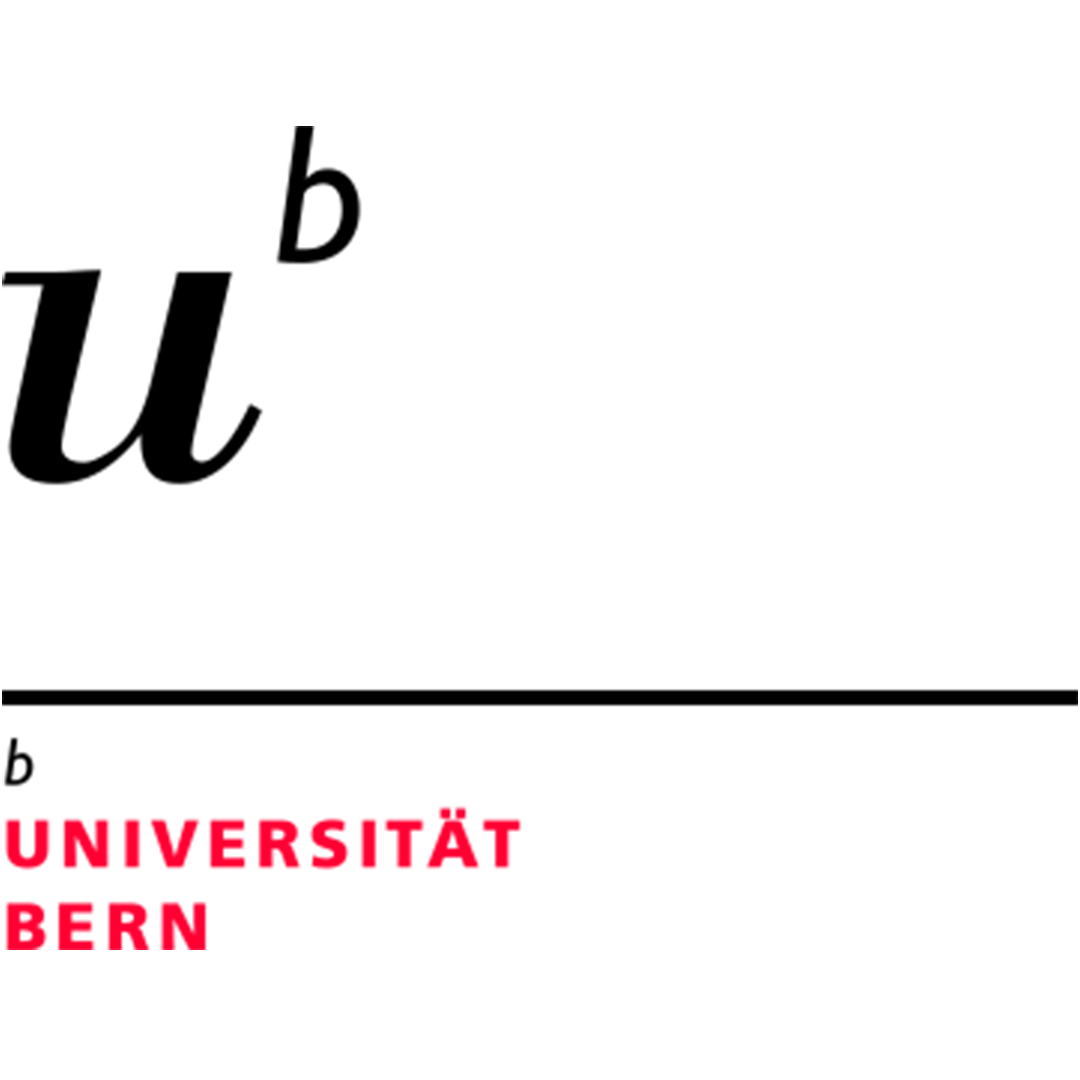 In its Strategy 2030, the University of Bern explicitly commits to freedom in teaching and research, but it also acknowledges that is has an ethical responsibility and needs to follow the principles of sustainable development. Sustainability is thereby one of the strategy’s five key areas. Within the key area of sustainability, the University of Bern commits to excellent inter- and transdisciplinary research and teaching on sustainability. Further, an office for sustainable development (SD) as well as a permanent commission for SD has been established. To foster ongoing progress in sustainability, the university established relevant goals, implements appropriate measures, and monitors their effectiveness. This process is guided by annual sustainability monitoring, with the findings published every two years in a sustainability report.
In its Strategy 2030, the University of Bern explicitly commits to freedom in teaching and research, but it also acknowledges that is has an ethical responsibility and needs to follow the principles of sustainable development. Sustainability is thereby one of the strategy’s five key areas. Within the key area of sustainability, the University of Bern commits to excellent inter- and transdisciplinary research and teaching on sustainability. Further, an office for sustainable development (SD) as well as a permanent commission for SD has been established. To foster ongoing progress in sustainability, the university established relevant goals, implements appropriate measures, and monitors their effectiveness. This process is guided by annual sustainability monitoring, with the findings published every two years in a sustainability report.
In 2013, a bachelor minor in SD was introduced, followed by a master minor in 2015. Building on this foundation, a master’s program in sustainability transformation was launched in 2024. Additionally, the International Graduate School (IGS) North-South, established in 2012, offers PhD students the opportunity to earn a Certificate in SD alongside their doctoral degree in any discipline. Together, these programs provide a comprehensive range of opportunities for students to benefits from Education for Sustainable Development (ESD). Furthermore, the University of Bern’s ESD-Team supports the integration of sustainability topics and fosters the development of sustainability-related competences among staff by providing advice, resources, and project funding.
To strengthen transdisciplinary efforts linked to sustainability, the initiative Engaged UniBE aims to anchor the University in society, shaping social developments with stakeholders from the city of Bern, the region, the Canton of Bern, and beyond to jointly develop approaches and solutions to address sustainability related challenges.
In collaboration with the Universities of Teacher Education (PHBern and PH NMS Bern) and the University of Applied Sciences (BFH), the University of Bern jointly established Students4Sustainability, a cross-faculty hub for Bernese higher education institutions with the aim to support students in their commitment to SD. It is with these higher education institutions that the University has further signed a ESD agreement committing to foster cooperation and knowledge exchange in the field of ESD.
Being a member of the COPERNICUS Alliance enables the University of Bern to benefit from interaction with a very lively and committed European ESD community. We also look forward to sharing our experience of mainstreaming SD in education, as well as in research and operations.
Contacts
► Claudia Saalfrank, Management, Vice-rectorate of Quality and Sustainable Development
► Lilian Trechsel, Research, Project Manager ESD-Mandate
► Christoph Bader, Teaching, Head of SD study programmes
► Jonas Niederberger, Students4Sustainability, Management-Team member
► Website of University of Bern


